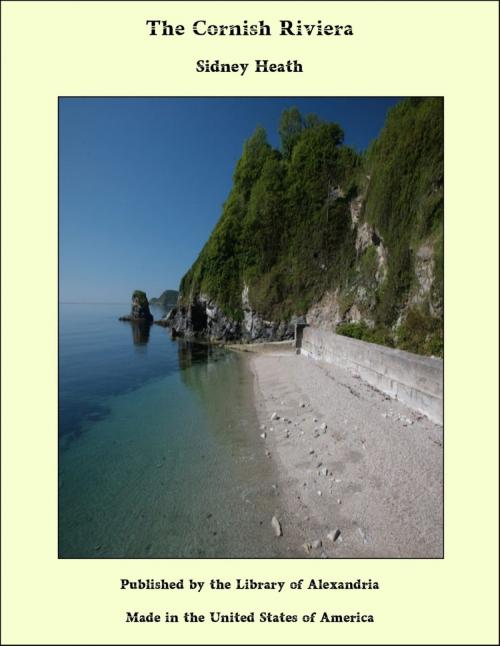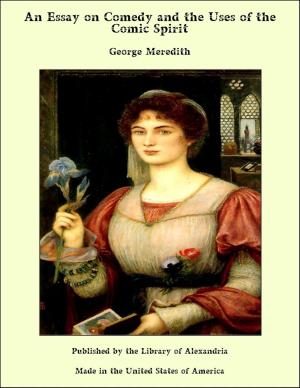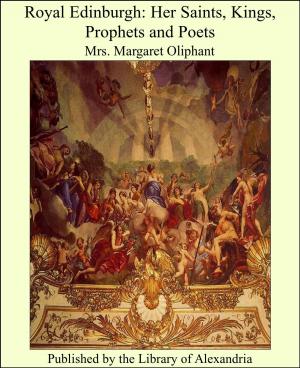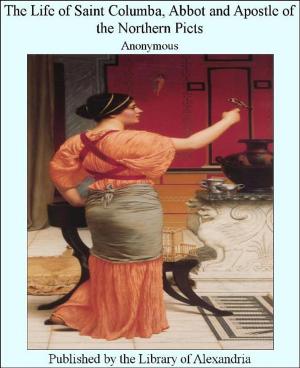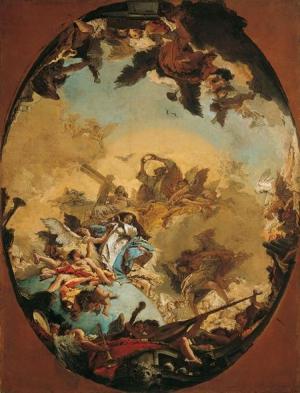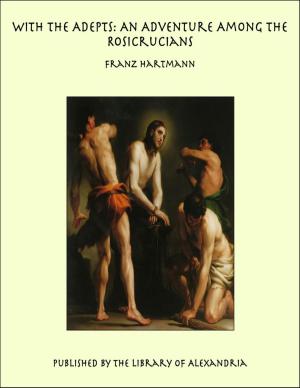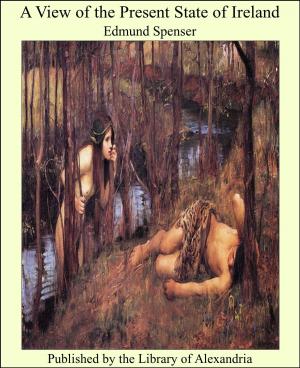| Author: | Sidney Heath | ISBN: | 9781465624147 |
| Publisher: | Library of Alexandria | Publication: | March 8, 2015 |
| Imprint: | Language: | English |
| Author: | Sidney Heath |
| ISBN: | 9781465624147 |
| Publisher: | Library of Alexandria |
| Publication: | March 8, 2015 |
| Imprint: | |
| Language: | English |
The majority of our English counties possess some special feature, some particular attraction which acts as a lodestone for tourists, in the form of a stately cathedral, striking physical beauty, or a wealth of historical or literary associations. There are large districts of rural England that would have remained practically unknown to the multitude had it not been for their possession of some superb architectural creation, or for the fame bestowed upon the district by the makers of literature and art. The Bard of Avon was perhaps the unconscious pioneer in the way of providing his native town and county with a valuable asset of this kind. The novels of Scott drew thousands of his readers to the North Country, and those of R. D. Blackmore did the same for the scenes so graphically depicted in Lorna Doone; while Thomas Hardy is probably responsible for half the number of tourists who visit Dorset. Cornwall, on the contrary, is unique, in that, despite its wealth of Celtic saints, crosses, and holy wells, it does not possess any overwhelming attractions in the way of physical beauty (the coast line excepted), literary associations, beautiful and fashionable spas, or mediæval cathedrals. History, legends, folklore, and traditions it has in abundance, while probably no portion of south-west England is so rich in memorials of the Celtic era. At the same time one can quite understand how it was that, until comparatively recent years, the Duchy land was visited by few tourists, as we count them to-day; and why the natives should think and speak of England as a distant, and indeed a foreign, country. Certain is it that less than a quarter of a century ago those who crossed the Tamar and journeyed westward into the sparsely populated Cornish towns and villages, were hailed as "visitors from England". Bounded on the north and south by the sea, cut off on the east by the Tamar, the delectable Duchy was a singularly isolated strip of land until the magic connecting link was forged by Brunel. Indeed it is not too much to say that Cornwall owes its present favourable position as a health resort almost entirely to the genius of Brunel and the enterprise of the Great Western Railway.
The majority of our English counties possess some special feature, some particular attraction which acts as a lodestone for tourists, in the form of a stately cathedral, striking physical beauty, or a wealth of historical or literary associations. There are large districts of rural England that would have remained practically unknown to the multitude had it not been for their possession of some superb architectural creation, or for the fame bestowed upon the district by the makers of literature and art. The Bard of Avon was perhaps the unconscious pioneer in the way of providing his native town and county with a valuable asset of this kind. The novels of Scott drew thousands of his readers to the North Country, and those of R. D. Blackmore did the same for the scenes so graphically depicted in Lorna Doone; while Thomas Hardy is probably responsible for half the number of tourists who visit Dorset. Cornwall, on the contrary, is unique, in that, despite its wealth of Celtic saints, crosses, and holy wells, it does not possess any overwhelming attractions in the way of physical beauty (the coast line excepted), literary associations, beautiful and fashionable spas, or mediæval cathedrals. History, legends, folklore, and traditions it has in abundance, while probably no portion of south-west England is so rich in memorials of the Celtic era. At the same time one can quite understand how it was that, until comparatively recent years, the Duchy land was visited by few tourists, as we count them to-day; and why the natives should think and speak of England as a distant, and indeed a foreign, country. Certain is it that less than a quarter of a century ago those who crossed the Tamar and journeyed westward into the sparsely populated Cornish towns and villages, were hailed as "visitors from England". Bounded on the north and south by the sea, cut off on the east by the Tamar, the delectable Duchy was a singularly isolated strip of land until the magic connecting link was forged by Brunel. Indeed it is not too much to say that Cornwall owes its present favourable position as a health resort almost entirely to the genius of Brunel and the enterprise of the Great Western Railway.
